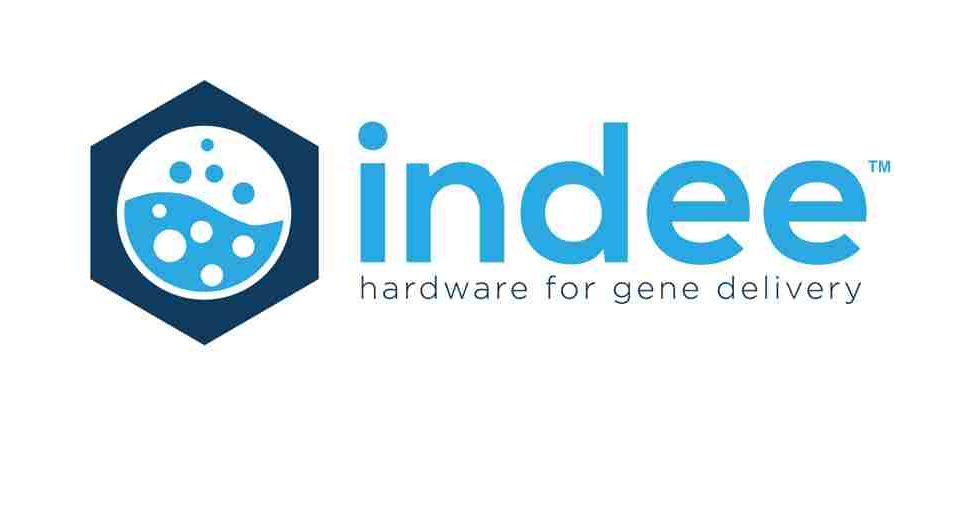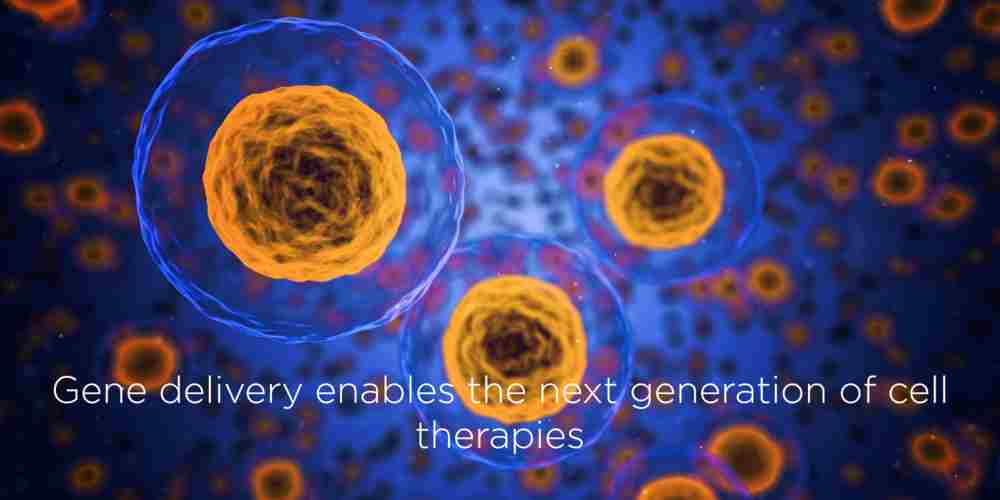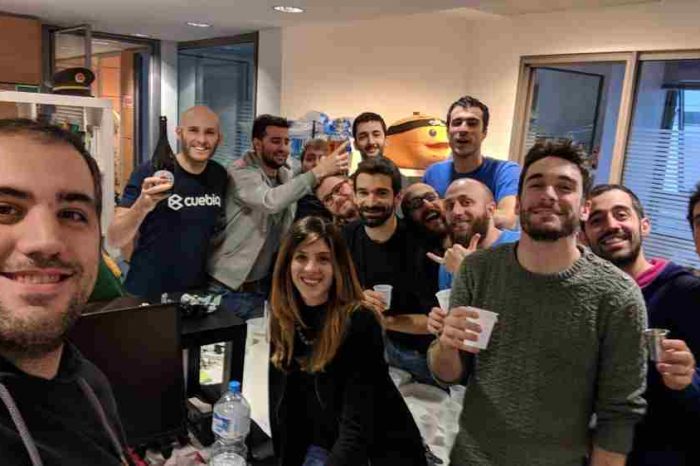Genetics startup Indee Labs raises $2.6M in seed funding so patients don’t have to wait for months for life-saving therapies

Indee Labs is unlocking gene-modified cell therapy for the masses with scalable hardware for gene delivery. Today, Indee Labs announced it has received received $2.6 million in venture financing extending its seed-stage funding to more than US$5.4M (AU$7.1M). The funding will be used to accelerate the development of Indee Labs’ gene therapy manufacturing technology into a product that biotechnology companies can use for discovery-stage research.
The round was led by Founders Fund (San Francisco) and included Main Sequence Ventures (Australia) with participation from several angels. Previously, the company closed a US$1.3M angel round from Y Combinator, Jude Gomila, Shaun Maguire and Jaffray Woodriff (Felton Group, LLC). Indee Labs total funds raised to date include US$3.9M in equity and US$1.5M in non-dilutive funding. FF Science and Main Sequence are both deep technology funds that bring forward world-changing, science-based technologies.
 Founded in 2015 by Ryan Pawell, the San Francisco, California-based Indee Labs is making hardware for the efficient development and scalable manufacture of gene-modified cell therapies such as chimeric antigen receptor T cells. The technology is being developed with the help of the Australian National Fabrication Facility.
Founded in 2015 by Ryan Pawell, the San Francisco, California-based Indee Labs is making hardware for the efficient development and scalable manufacture of gene-modified cell therapies such as chimeric antigen receptor T cells. The technology is being developed with the help of the Australian National Fabrication Facility.
“All of the industry excitement around discovering gene targets for cell therapy has overlooked an inconvenient fact. We do not yet have scalable and efficient means of manufacturing these life-saving cells. The team at Indee Labs has developed a gene delivery technique that is not only inexpensive enough for general use, but fast enough to use the patient’s own cells. We expect Indee Labs will become the standard platform for bedside cell therapy,” stated Aaron VanDevender, Chief Scientist and Principal at Founders Fund.
“We are excited to partner with the team at Indee Labs to help drive down the cost of developing and manufacturing immunotherapies for the treatment of cancer. Indee Labs’ new gene delivery technology provides a faster and more efficient method for developing and manufacturing personalised therapies at scale. We believe this may make these lifesaving treatments available to far more patients than at present,” explained Partner at Main Sequence Ventures, Mike Nicholls.
This follows the recent US$695K (AU$892K) non-dilutive grant from Australia’s BioMedTech Horizons (BMTH) program. It was awarded by MTPConnect and an independent selection panel assessed that Indee Labs’ technology addresses a “global megatrend” in healthcare. Link
Proceeds from the BMTH grant will go towards Indee Labs’ Australian operations and chip development at the Australian National Fabrication Facility (ANFF) at University of South Australia’s (UniSA) Future Industries Institute (FII).
“Australia has many unique and comprehensive micro- and nano-fabrication capabilities that allows us to operate as a fabless startup. We are excited to extend our partnership with the ANFF and FII as we move towards commercial-grade chip manufacturing,” said Warren McKenzie, CEO of Indee Labs Australia
“Partnerships such as this with Indee Labs are a great example of how our world-class facilities and staff at UniSA are having global impact, core to the FII’s mission to create the industries of the future,” said Director of UniSA’s FII, Professor Emily Hilder.
Proceeds from the round will go towards building Indee Labs’ team, a user-friendly instrument and head-to-head studies against incumbent technologies. These studies will allow the company to most accurately demonstrate performance improvements, such as lowering lead times for patients.
Ryan Pawell, CEO of Indee Labs, said, “Patients can die in the time that it takes to manufacture these immunotherapies — four months according to the JULIET clinical trial with a target of about 3 weeks for Liso-cel. We are aiming for a couple weeks then maybe a few days. This is a realistic goal because our core technology can be engineered into a closed system and does not perturb immune cells.”
“Thus far, it appears that Indee Labs’ technology can rapidly process clinically- and commercially-relevant samples with no observed immune cell perturbation, likely due to the gentle nature of fluid dynamics coupled with rapid processing times. This has been supported by transcriptome-wide sequencing data, which showed negligible differential gene expression in over 200,000 unique transcript reads, along with additional studies that revealed no variation in cytokine production or activation phenotype for processed cells relative to the handling controls,” explained Chief Scientific Officer, Amy Twite PhD. The latest financing follows new results generated by the team demonstrating functional modification of human primary immune cells with different constructs.

